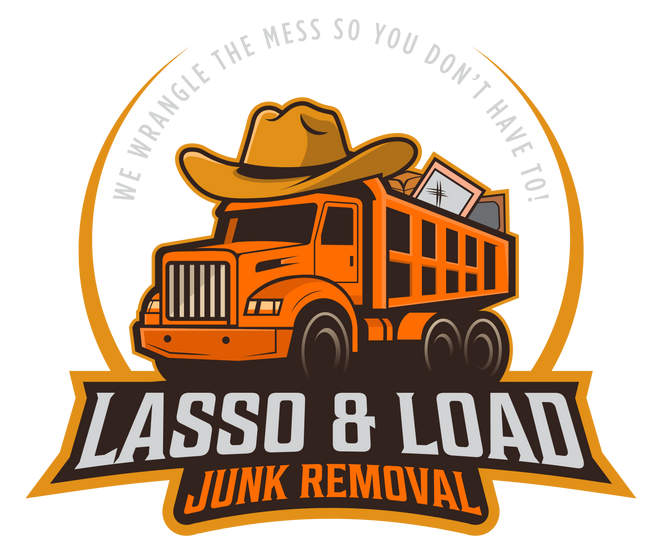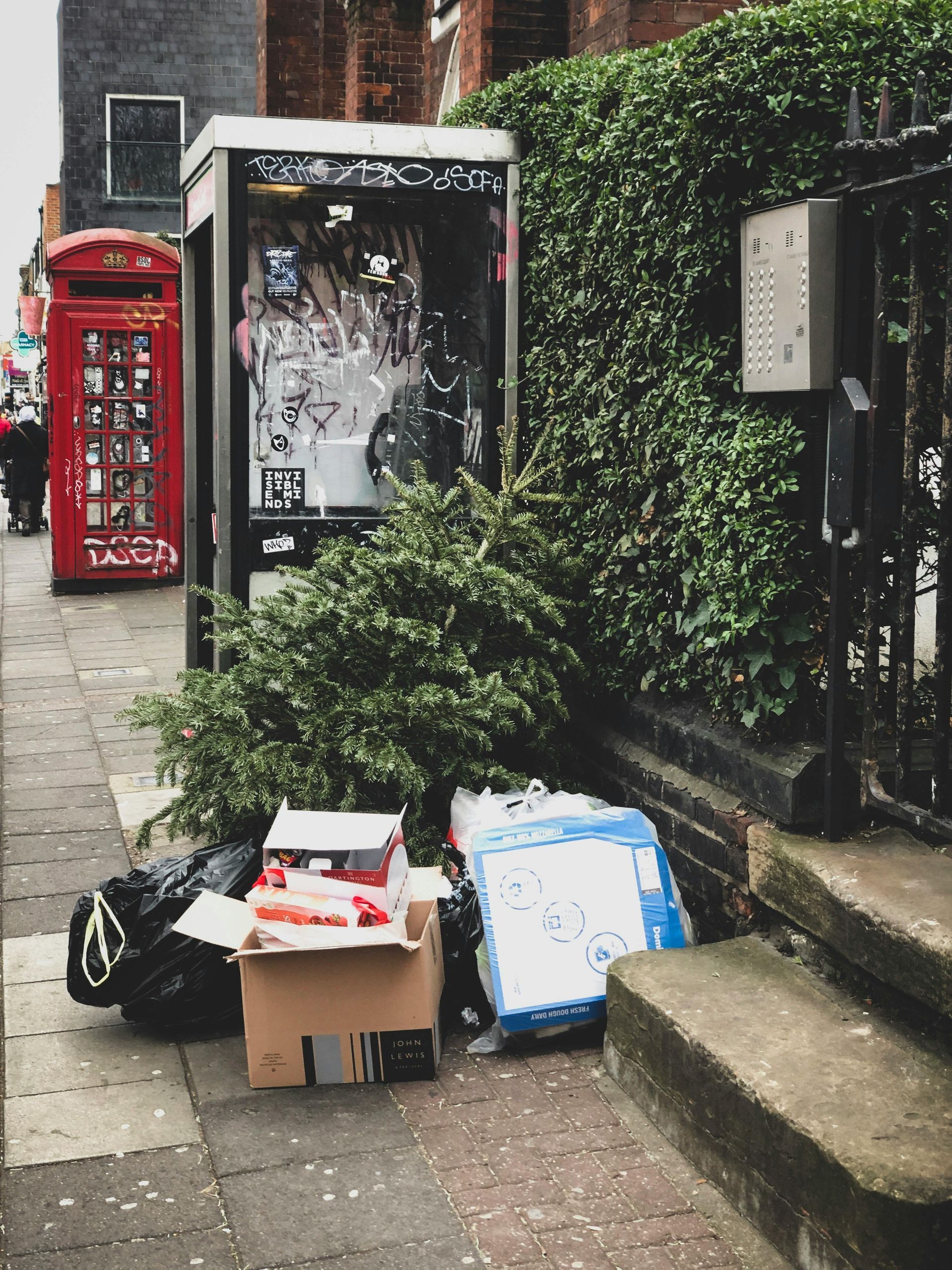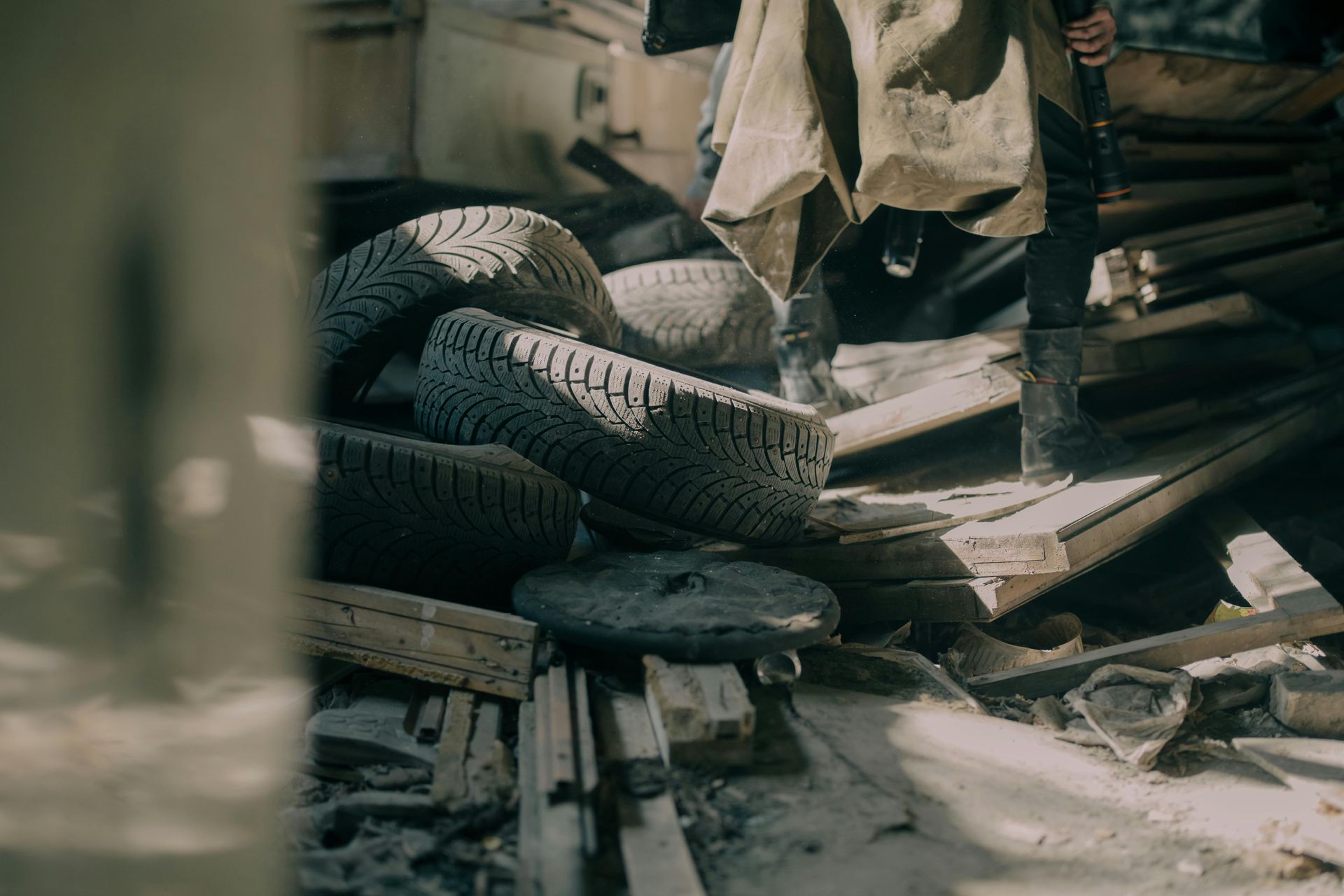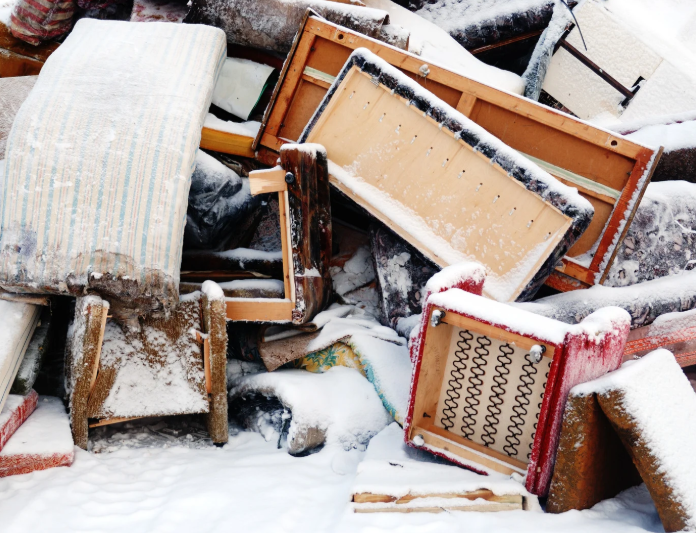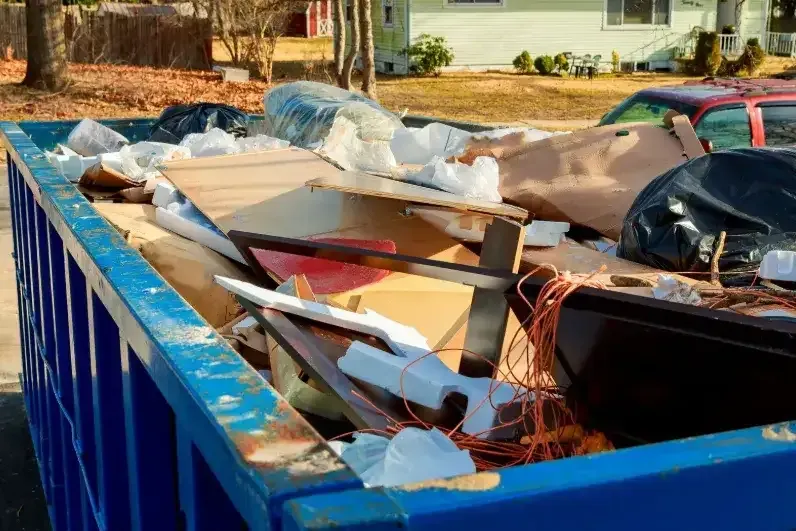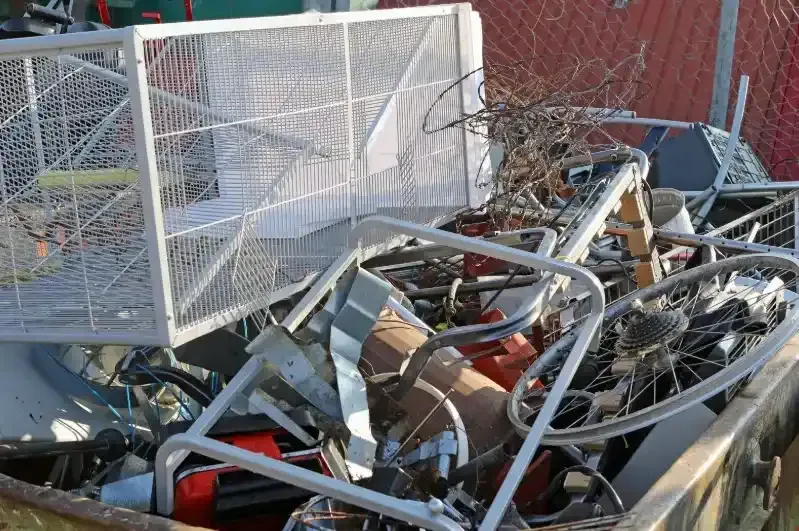Tips for Efficient Demolition Cleanup After a Home Renovation
Renovating your home is an exciting and rewarding project, but it often comes with a significant amount of demolition work that can leave your space in chaos. The aftermath of tearing down old walls, ripping up flooring, or removing cabinets can quickly overwhelm any homeowner. If the cleanup isn’t handled properly, it can lead to delays and increased costs, which can disrupt your entire project. That’s why efficient demolition cleanup is crucial for keeping your renovation timeline intact.
In this article, we will delve into effective strategies for managing the cleanup process. Whether you are working on a small kitchen remodel or a full-scale home renovation, understanding how to organize and dispose of demolition debris will ensure a smoother process. We’ll explore tips on sorting materials for recycling or proper disposal, maintaining safety during cleanup, and minimizing disruption.
Plan Ahead for Demolition Cleanup
Efficient demolition cleanup begins with careful planning before the renovation even starts. Before you begin tearing down walls or removing old materials, it's crucial to think about how you'll manage the debris once it's generated. Will you be renting a dumpster, or will you hire a junk removal service to do the work for you? Having a plan in place is essential, as it saves time and prevents stress when waste starts to pile up. Different materials, such as wood, concrete, drywall, and metal, all require different disposal methods. Understanding these differences beforehand will help streamline the process.
Additionally, local authorities may have specific disposal regulations, especially for hazardous materials like asbestos, so it's a good idea to check ahead of time. With the right resources and tools in place, the cleanup will be much more efficient and safer. Planning ahead will not only ensure a smoother process but also allow you to focus on the renovation itself, rather than worrying about waste management.
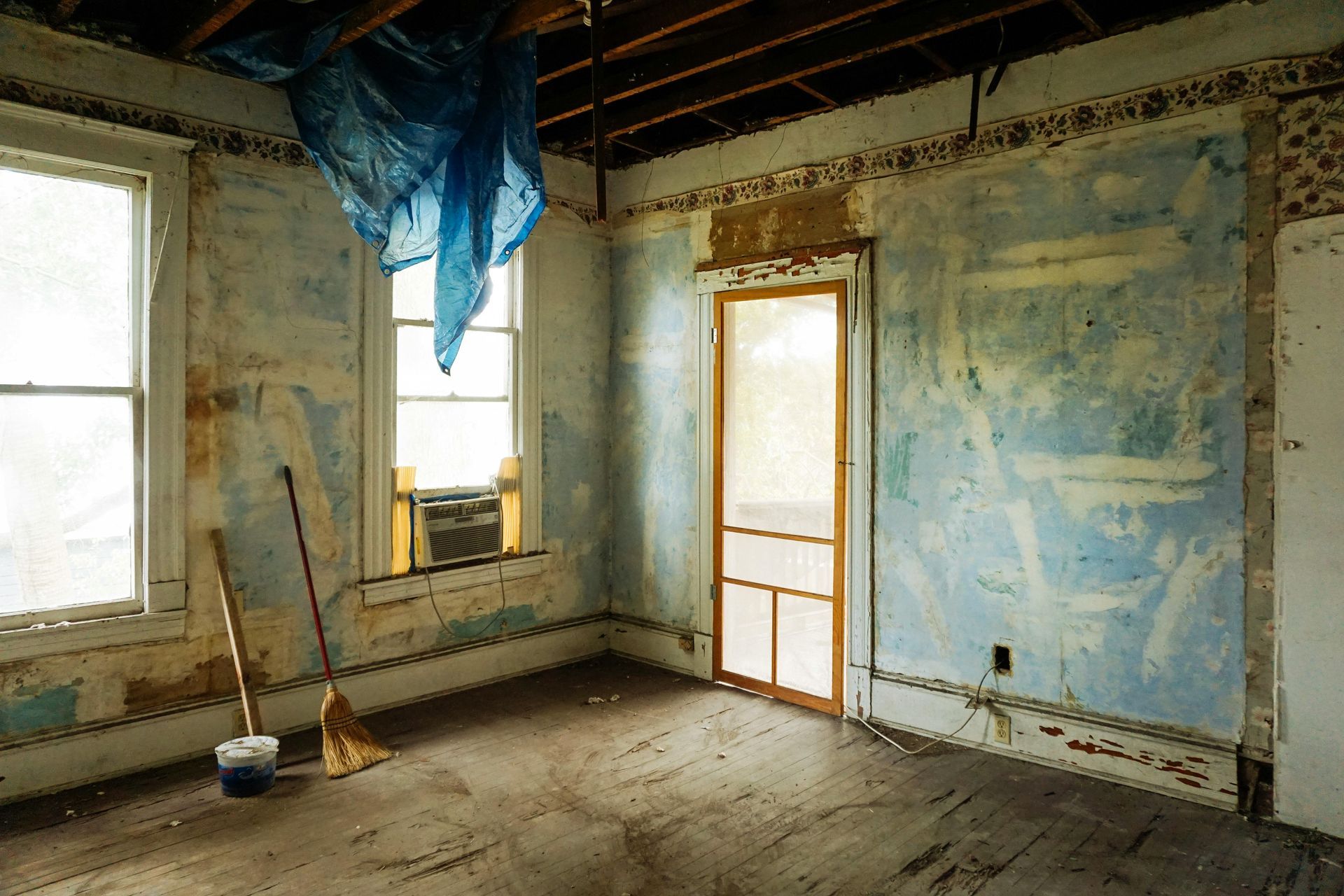
Sort and Separate Materials
One of the best ways to streamline your demolition cleanup process is by sorting and separating materials as you work. By doing so, you can make disposal much easier and even find ways to recycle or repurpose materials, which can be environmentally friendly and cost-effective. Common materials like wood, metal, and concrete can often be recycled, whereas drywall might need to be disposed of in a separate manner. Sorting materials early on will also help you avoid any potential confusion when the time comes to dispose of the debris.
This organized approach will speed up the process significantly, especially when it comes to handling larger piles of waste. Set up designated areas for each material type—whether that’s color-coded bins or clearly marked spaces. The more organized your demolition site is, the faster and more efficiently you can clear it out once the demolition is complete. Proper sorting also minimizes delays that might arise when trying to dispose of mixed materials all at once.
Work Safely During Cleanup
Safety should always be a priority, especially during the cleanup process. Demolition debris often includes sharp objects, broken glass, nails, and other dangerous items that can pose serious risks. It's important to wear proper protective gear, such as gloves, sturdy footwear, eye protection, and a dust mask. If you’re handling hazardous materials like lead paint or asbestos, additional protective equipment is required. Take the time to carefully inspect the area for nails and other debris that might be hiding in the piles.
Sweeping up and disposing of these smaller items should be part of your routine. Using a heavy-duty broom and dustpan is a simple, effective method for this. Keep in mind that larger pieces of debris should be moved with care to avoid injury or damage to other parts of the home. If the demolition site is large, it might be worth having a few people involved in the cleanup process to speed things along. Make sure to work in shifts or in different areas to maximize efficiency.
Rent a Dumpster or Hire Junk Removal Services
Renting a dumpster is a common solution for homeowners doing renovations, but this option isn’t always the most convenient or cost-effective for everyone. If your demolition cleanup involves a significant amount of debris, a dumpster is likely the right choice. However, there are some things to consider when renting a dumpster. First, make sure the dumpster is large enough to accommodate all of your demolition waste, but not too large that you end up paying for space you don’t need. It's also a good idea to have it placed in a convenient location that’s easily accessible.
If you're not sure what size dumpster you need, consider asking the rental company for advice based on the scope of your renovation. Alternatively, hiring a professional junk removal service can be a good way to handle demolition cleanup without the hassle of renting a dumpster. With junk removal services, you don’t have to worry about sorting materials or making multiple trips to the dump. A team of professionals will come to your site, load up the debris, and take it away, saving you both time and effort.
Stay Organized During the Cleanup Process
To avoid a chaotic demolition site, it's important to keep the work area as organized as possible. As demolition progresses, debris tends to accumulate quickly. Without a proper organization system, it’s easy for piles of debris to spill over, making it harder to manage the cleanup process. To stay organized, assign specific areas for debris disposal and ensure that everyone involved in the cleanup knows where to place the waste. Instead of simply tossing everything into one large pile, consider breaking down larger items (like old furniture or appliances) into smaller, manageable pieces.
This will make it easier to load into the dumpster or remove from the site. Having a consistent rhythm to your work is essential. Whether you’re doing the cleanup yourself or working with a team, set up a schedule and stick to it. The more organized you are in your approach, the quicker and more efficiently the site will be cleaned up.
Don’t Forget About Cleanup After the Cleanup
Once the bulk of the demolition debris is gone, there’s still some work left to do. The final step in your demolition cleanup process is to do a thorough sweep of the area. This involves cleaning up dust, dirt, and any smaller debris that may have been left behind. Use a vacuum cleaner with a HEPA filter to pick up fine dust particles. This will help ensure that your home is safe to live in and will prepare the space for any further work that needs to be done.
Don’t forget to clean surfaces, windows, and any equipment you used during the demolition. Once everything is clean, check the area for any remaining items or leftover materials that you may have missed earlier. It’s always a good idea to double-check, especially before beginning new construction or moving on to the next phase of the renovation.
Take Advantage of Recycling Options
As the renovation progresses and materials are demolished, the amount of waste generated can be overwhelming. However, not all debris needs to end up in a landfill. Many demolition materials can be recycled, which is not only good for the environment but can also save you on disposal costs. Wood, metal, glass, and certain plastics can be recycled if separated and processed properly. Local recycling centers often accept construction materials, especially scrap metal and wood, which can be reused in various industries.
For instance, wooden beams and pallets can be repurposed for other construction projects or even turned into furniture. By contacting your local recycling center or junk removal service, you can get advice on what can be recycled and how to prepare materials for collection. Take the time to inspect each material and, if possible, separate it accordingly. This small step can significantly reduce the amount of waste you send to the landfill, contributing positively to the environment while also easing the cleanup process.
Set a Schedule for Cleanup
If your home renovation is taking place over several days or even weeks, setting a daily or weekly schedule for cleanup is a good way to keep things organized. Sticking to a schedule ensures that the job doesn’t pile up, and it helps you track your progress so that the final cleanup doesn’t become overwhelming.
For instance, you can plan to clean up the demolition area at the end of each day. Sweep up smaller debris as you go, and load larger waste materials into a dumpster or truck before wrapping up for the day. By keeping the cleanup consistent, you'll prevent the space from becoming cluttered with leftover materials, which can slow down your renovation progress.
Conclusion
Efficient demolition cleanup is an essential part of any home renovation project. By planning ahead, staying organized, and prioritizing safety, you can significantly reduce the stress of managing debris and make the entire process run more smoothly. Whether you opt to rent a dumpster or hire a professional junk removal service, ensuring the proper disposal of materials is crucial for keeping your renovation on track. Proper cleanup not only saves you time but also helps maintain a safe and clean working environment, ensuring the success of the next phase of your project.
At Lasso & Load Junk Removal, we specialize in assisting homeowners in Gwinnett County with demolition cleanup and junk removal services. Our team is dedicated to providing fast and efficient debris removal, sorting, and disposal, leaving your space clean and ready for the next steps of your renovation. If you're in need of professional junk removal or cleanup services, don't hesitate to contact us. We’re here to help make your home renovation experience easier. Reach out today at 404-227-2017 or email Lauren.renwickk@gmail.com to schedule your service.
